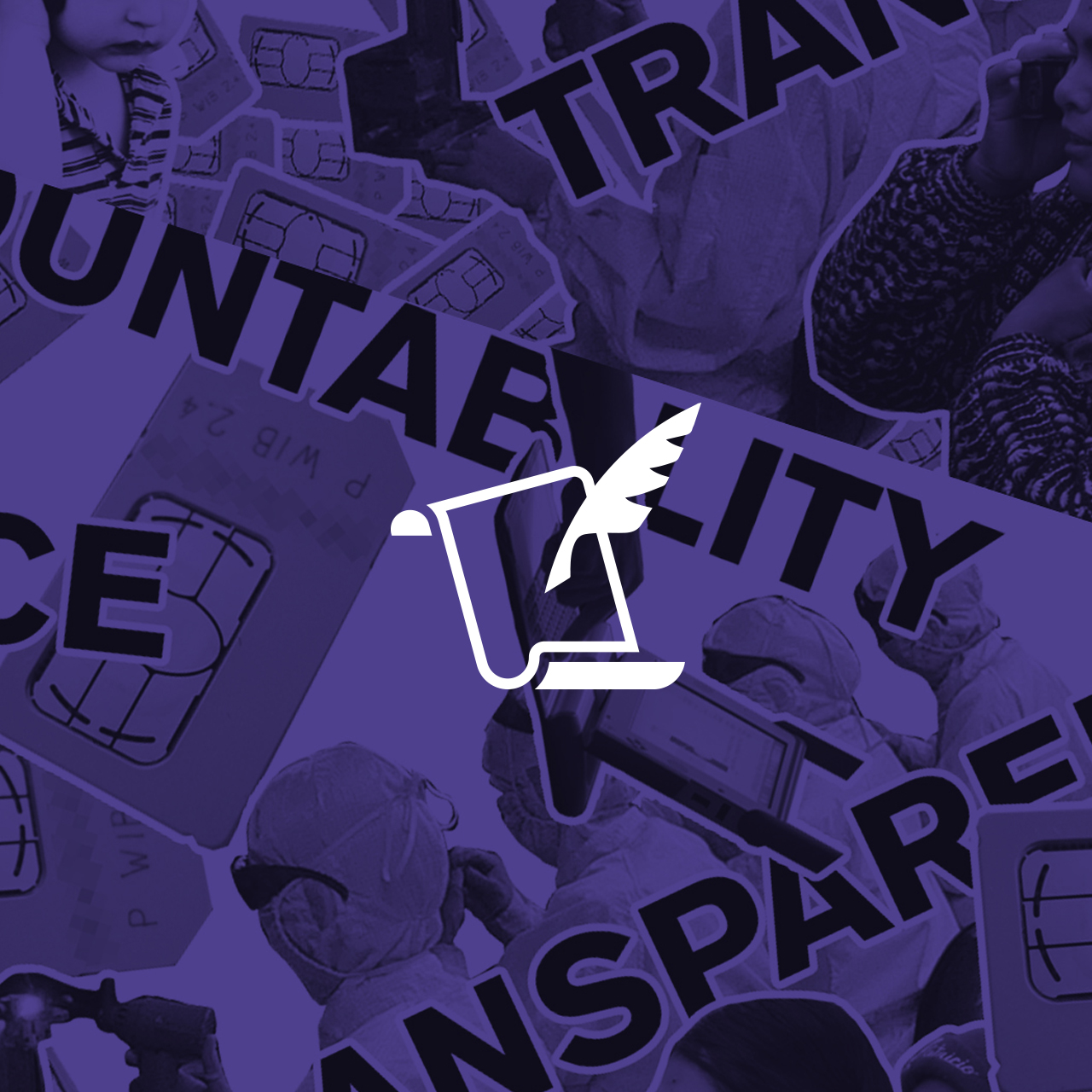Update September 2015:On September 8th, the European Parliament adopted the report on ‘human rights and technology’, prepared by Marietje Schaake, with 371 votes in favour and 293 against. While non-binding, this report warns governments about violations of human rights linked to the use of technologies.
Update, May 2015: On May 26th, 2015, the AFET Committee adopted the report. The final version can be found here. Access Now welcomes this text that takes a strong stance in favour of the the right to privacy, data protection, and freedom of expression online. The report will now move to plenary for a final vote (no date yet determined), where we encourage MEPs to display equally strong support to human rights and internet freedom.
Access Now advocates for policy to ensure that people can use technology to defend their rights, and that government export and use of technology does not harm these rights.
Access Now provided a submission to the European Parliament (EP) Committee on Foreign Affairs (AFET) on a draft report on human rights and technology. This report focuses on “the impact of intrusion and surveillance systems on human rights in third countries.”
In general, we provide suggestions to clarify the norms for private actors and states that export dual use technology from the EU, technology that can be used in a way that is detrimental to human rights in third countries.
We recommend promoting the use of open source software (notably by public institutions) and new tools that enable the anonymous and/or pseudonymous use of the internet, rather than automatically categorizing these tools as enabling criminal activities (which has happened in the EU and beyond, as the recent controversy over RiseUp email showed).
At the same time, since there is strong evidence that not just private companies but also government services of EU member states are using technology in a way that contradicts the spirit of EU human rights (as shown by the recent disclosures on suspected GCHQ’s hacking into Gemalto servers), we also suggest reminding member states that their actions must reflect their commitment to EU Charter of Fundamental Rights. This charter should guide governments when assessing situations in which dual-use technologies can be employed to restrict human rights.
Access Now also suggests including the explicit reaffirmation of important principles such as the protection of net neutrality and employing a multistakeholder approach (that is, ensuring meaningful, inclusive, and accountable participation in decision-making — on an equal footing — of governments, civil society, technical and academic communities, the private sector, and users.)
We hope that the final report will reflect the preliminary considerations of this draft. We would also like to acknowledge that the rapporteur, Marietje Schaake (ALDE), rightly underlined the cruciality of the following points:
- the inclusion of conditionality clauses referring to online rights in all agreements;
- the admissibility as evidence in court proceedings of digital material;
- the exclusion of companies providing potentially harmful ICT products and services publicly from EU procurement procedures, from research and development funding and from any other financial support.
Finally, Access applauds the rapporteur’s decision to circulate this report publicly and invite comments from a wide group of stakeholders, as it shows commitment to a transparent and inclusive policy process. Potential amendments to this report will be discussed at the sub-committee meeting for human rights on April 23, 2015. The final version is expected to be voted on by the AFET committee in May, and at the plenary in July.
Access’ input to the report can be found here.
Contribution by Justine Chauvin.
